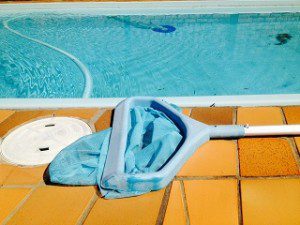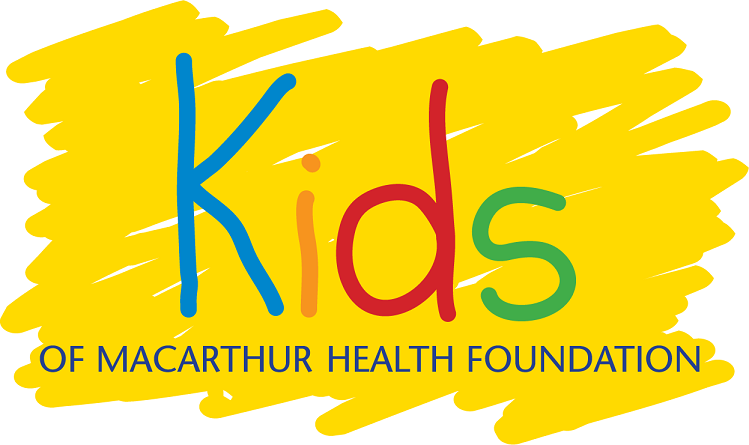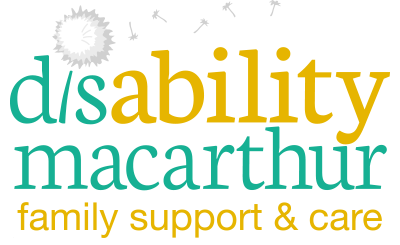
Parents in south western Sydney are being reminded to think of everybody’s health and safety when they visit public swimming pools with their families these school holidays.
Public swimming pools are popular destinations during school holidays yet the fun can quickly subside if people do not play their part in keeping the water safe from infectious organisms, a local health expert has warned.
South Western Sydney local health district’s public health unit director, Dr Stephen Conaty, said public health authorities had seen outbreaks of people suffering from diarrhoea and related symptoms during previous summers, often due to the presence of the cryptosporidium parasite in swimming and spa pools.
“Cryptosporidium is resistant to chlorine and, if an infected person swims in a pool, the pool water can become contaminated and potentially expose other unsuspecting swimmers to the organism by swallowing the pool water,” Dr Conaty said.
“This can result in diarrhoea and vomiting, which can be distressing and potentially serious in vulnerable people.”
Dr Conaty said parents play a really important part in ensuring pools remain safe for everyone by making sure non-toilet trained children do not have toileting accidents in the pool.
“Parents with young children should make use of disposable swimming nappies that are available from most supermarkets.
“’Crypto’ can survive in a swimming pool for weeks, infecting swimmers and causing large disease outbreaks. It is therefore vital that swimmers don’t introduce the bug into pools in the first place.”
Dr Conaty said everyone needed to remember a few key points to keep their local community pool healthy:
Don’t swim if you have diarrhoea or have suffered from diarrhoea in the past two weeks;
Don’t swallow the pool water;
Wash your hands with soap and water after using the toilet;
Don’t allow pets in the pool.
Parents can do the following things to avoid pool contamination:
Take their child on bathroom breaks often rather than waiting to hear they ‘have to go’ as it may be too late;
Ensure toddlers wear tight-fitting waterproof pants or swimming nappies at all times;
Change nappies in a bathroom and not at the poolside as germs can spread to surfaces or objects in and around the pool and spread illness;
Wash their hands with soap and water after changing a child’s nappy.



